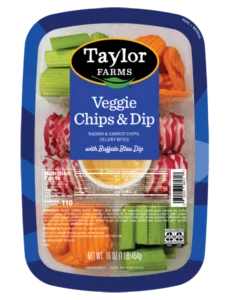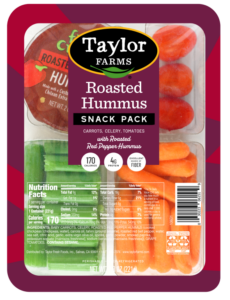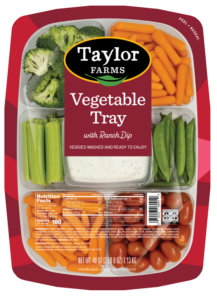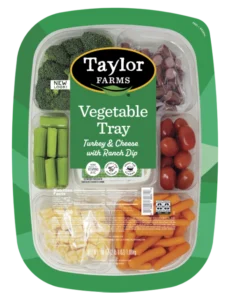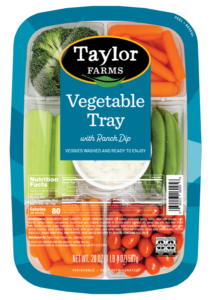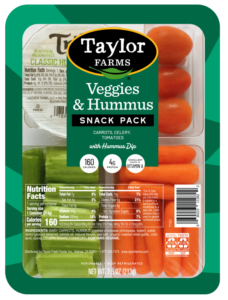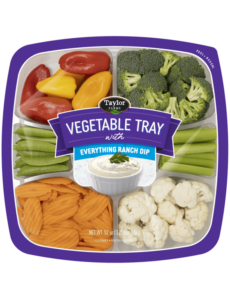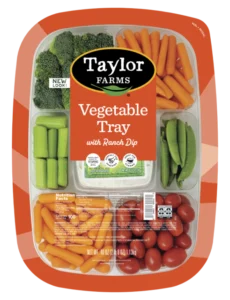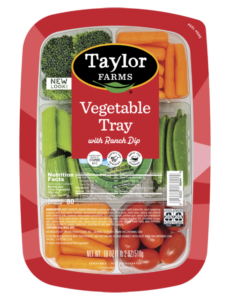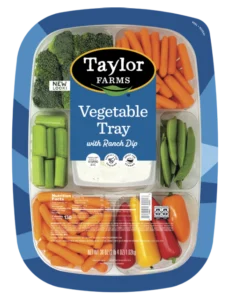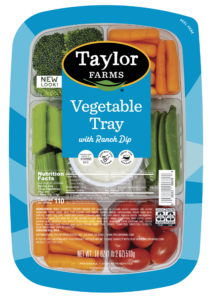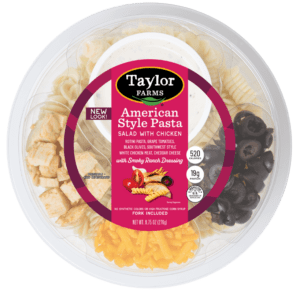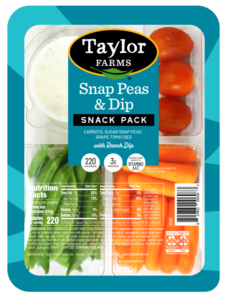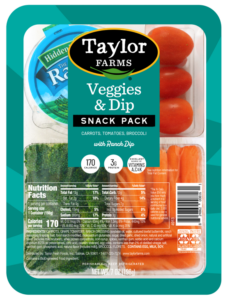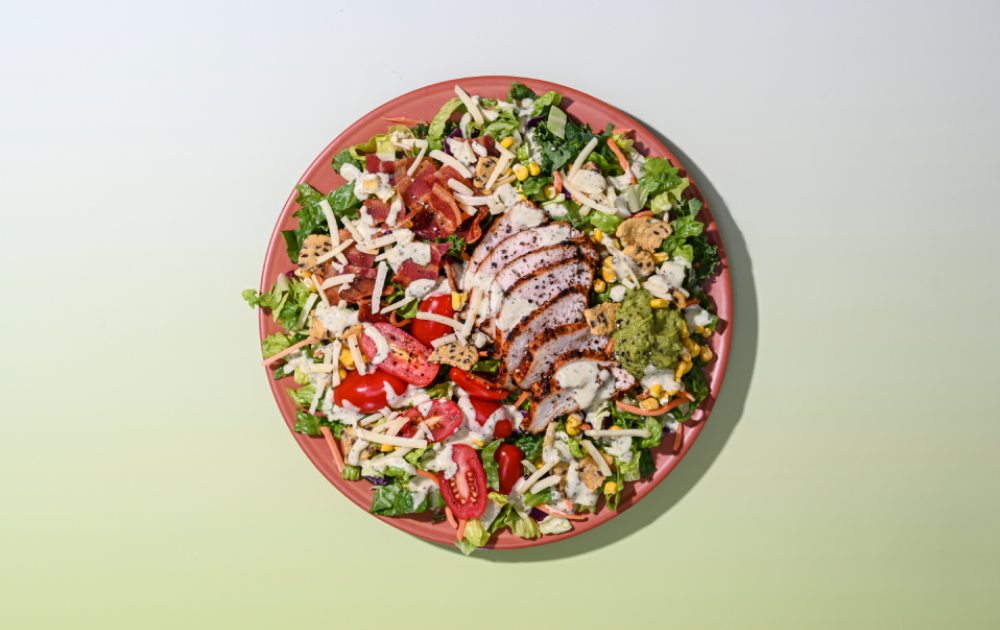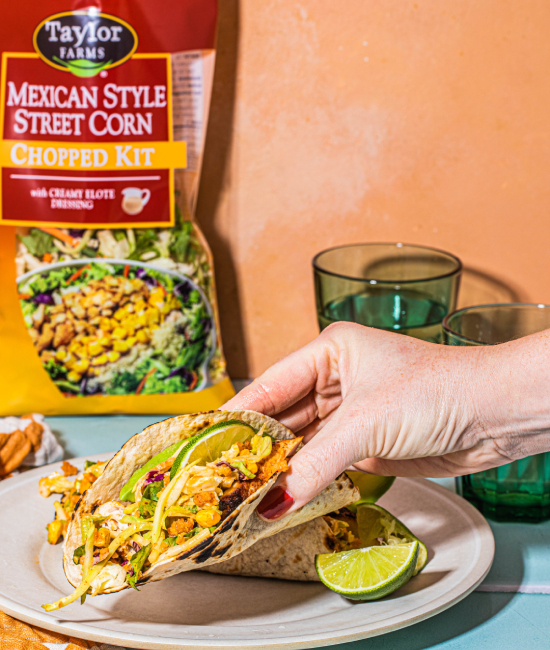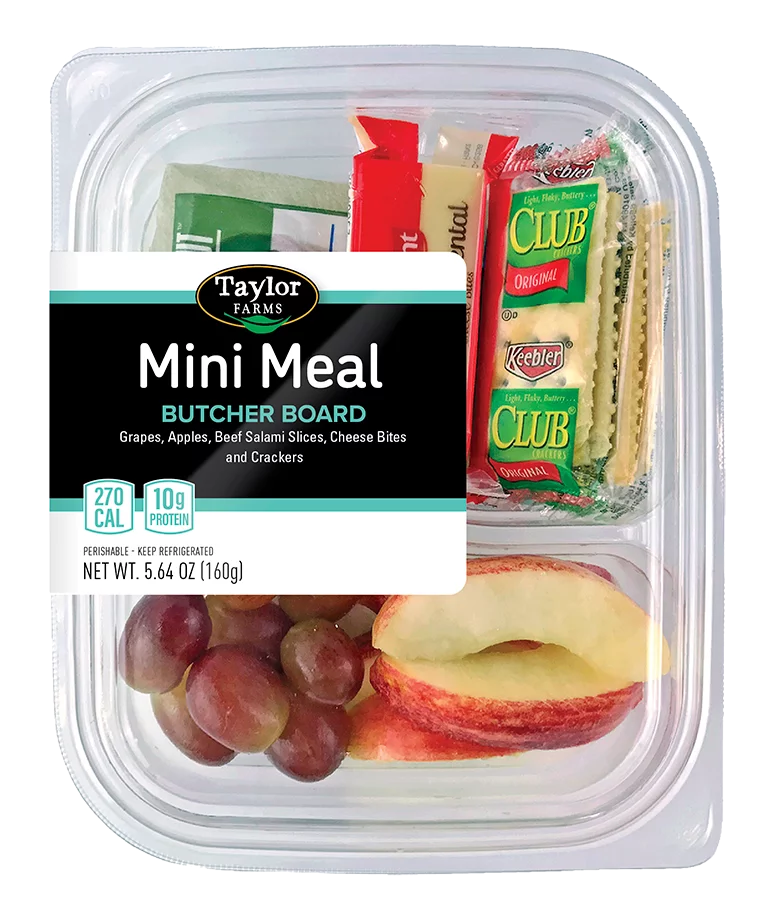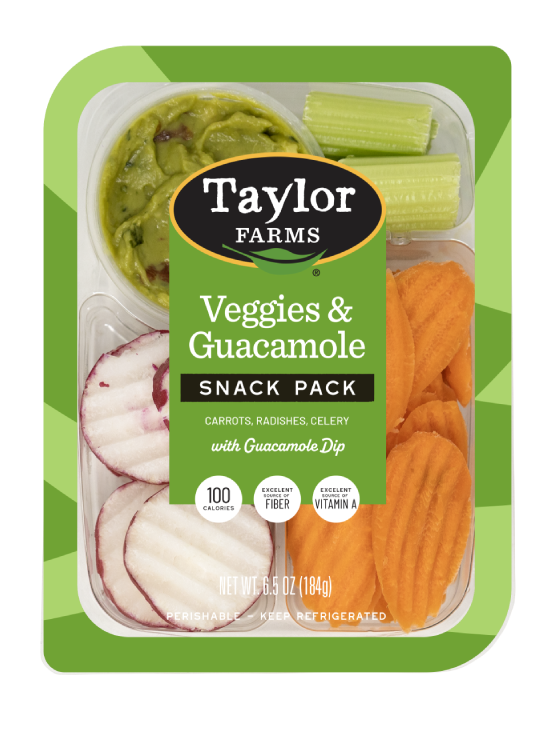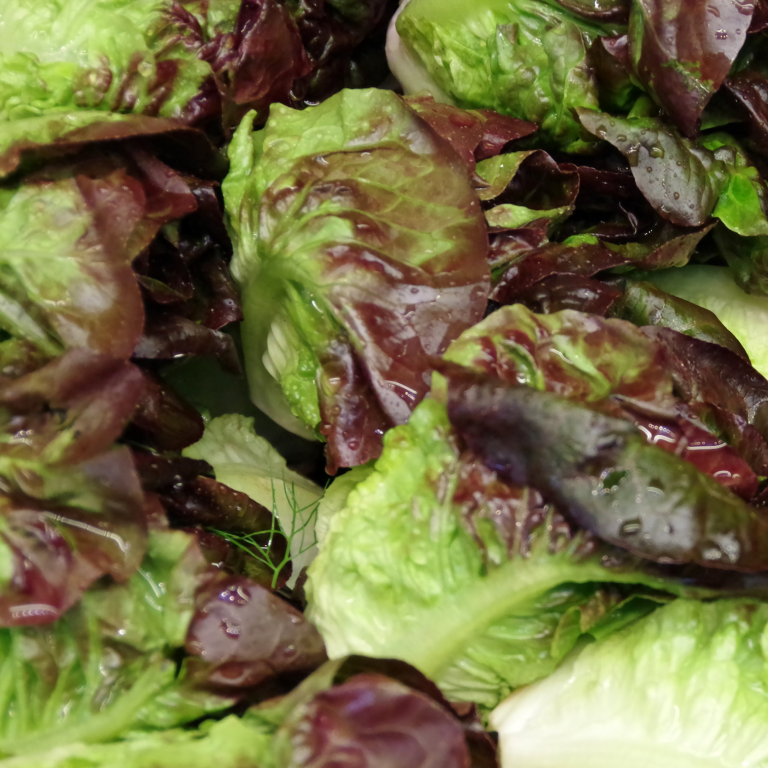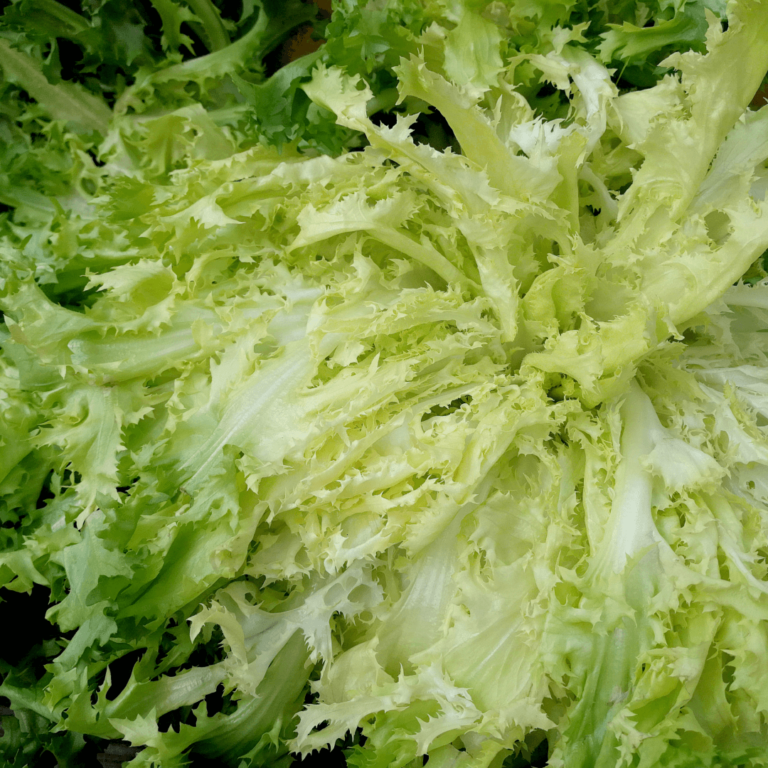Grape Tomatoes at a Glance
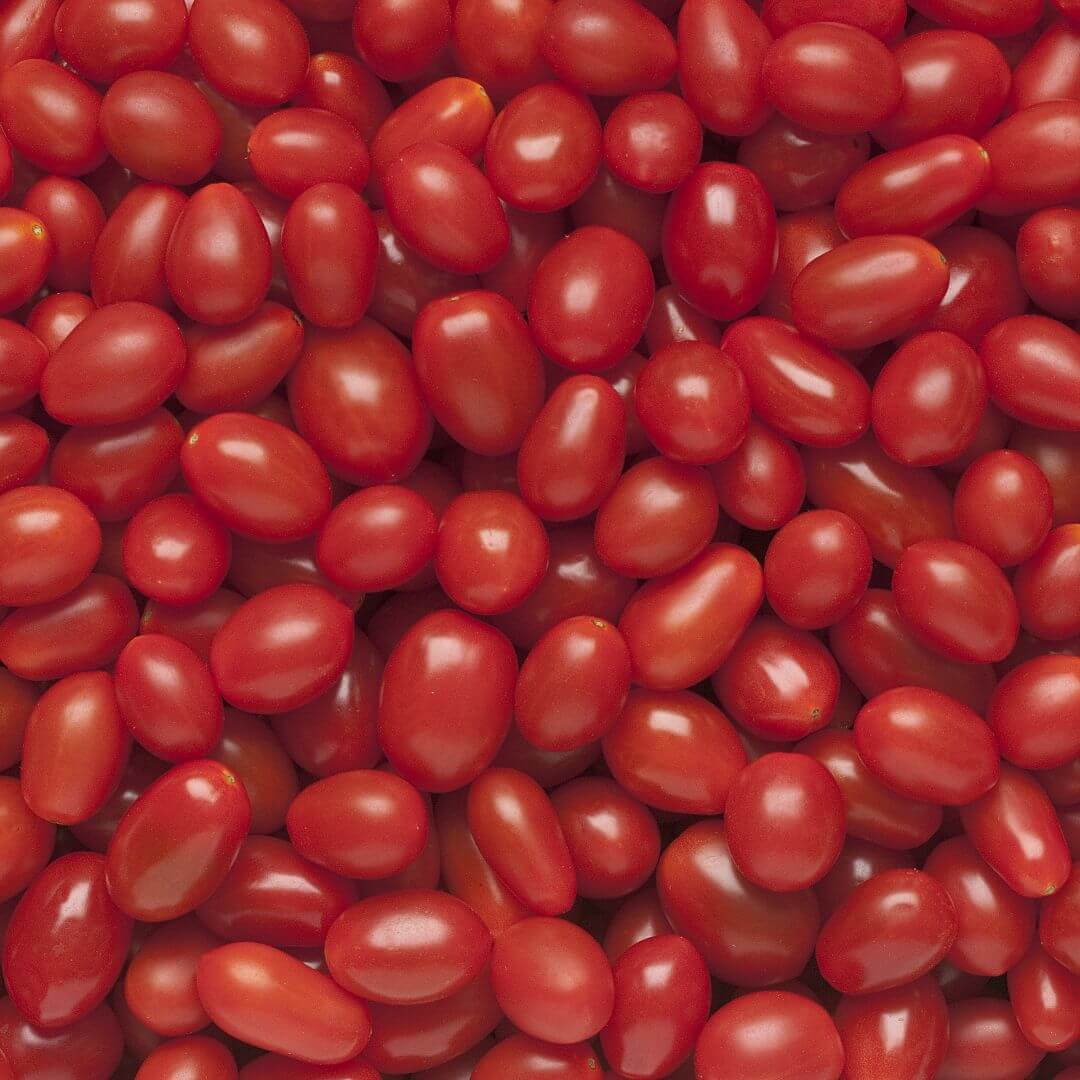
Scientific Name: Solanum lycopersicum var. cerasiforme
Family: Solanaceae
In Season: Late spring to early fall
Varieties: Juliet, Santa, Elongated Grape, and more
Great for: Salads, snacking, roasting, pasta dishes
Grape Tomatoes Nutrition
Vitamin C
Vitamin A
30 Calories
Common Questions about Grape Tomatoes
When enjoyed in their raw state, grape tomatoes burst forth (literally) with a delightful, sweet flavor. They are known for their natural sweetness, which is often more pronounced than that of larger tomato varieties. The tanginess provides a pleasant contrast to their sweetness, creating a well-balanced taste. Overall, their refreshing flavor makes them a popular choice for snacking, salads, and other dishes where their natural sweetness can shine.
Cooking grape tomatoes unveils a different facet of their versatile flavor profile. The heat intensifies their natural sweetness, transforming the texture into a tender, robust richness. Whether roasted or simmered gently in sauces, the grape tomatoes infuse dishes with a depth of umami flavor and a pleasant, velvety mouthfeel. The concentrated taste enhances pastas, stews, and baked dishes, adding a gourmet touch and a splash of color to every bite
Growing grape tomatoes
Grape tomatoes are ready to harvest when they have turned a vibrant red and feel slightly tender to the touch. Refrain from picking them when they’re partially green, as they have not yet reached their full sweetness and flavor potential.
Purchased grape tomatoes
When purchasing grape tomatoes, look for smooth, plump, and brightly colored tomatoes, free from blemishes, wrinkles, or cracks. They should be firm but not hard, yielding gently under slight pressure. The tomatoes should give off a fresh and sweet scent, signaling they are ripe and ready to be savored. Storing them at room temperature (i.e., not in a refrigerator) until use will preserve their texture and taste.
Storing grape tomatoes properly ensures they retain their fresh flavor and firm texture. Keep them at room temperature on a countertop away from direct sunlight for optimal taste and texture. Avoid storing them in the refrigerator, as the cold air can make them mealy and dull their flavor.
If you have a large batch that you can’t use quickly, yes, you can freeze grape tomatoes! Wash and dry them, place them on a baking sheet to freeze them individually, and then transfer them to a freezer bag. They won’t retain their original texture upon thawing, but they’ll be perfect for cooking and making sauces, soups, or stews.
Grape tomatoes, like other tomato varieties, thrive in warm, well-draining soil with plenty of sunlight. They are cultivated across various regions globally, including parts of the United States, Central America, and the Mediterranean. These regions provide the necessary warmth and sun exposure that grape tomatoes need to grow.
California and Florida are notable producers in the United States due to their sunny climates and warm temperatures year-round. However, with the right care, including protection from frost and consistent watering, grape tomatoes can be successfully grown in home gardens almost anywhere.

How to cook & serve grape tomatoes
Roasted: Toss grape tomatoes with olive oil, salt, and herbs and roast until tender and slightly charred. Serve with roasted vegetables, in pasta dishes, or as a topping for bruschetta.
Sautéed: Sauté grape tomatoes with garlic and onions for an easy and satisfying side and pair with grilled chicken, fish, or stir into cooked pasta.
Grilled: Skewer grape tomatoes and grill until blistered. Grilled tomatoes are excellent with grilled meats or chopped in a fresh salad.
Blended: Blend raw grape tomatoes to make fresh salsa or a base for sauces—perfect for tacos, enchiladas, or as a dip for chips.
Baked: Bake grape tomatoes into a savory tart or frittata and serve as a brunch or light dinner dish.
Simmered: Simmer grape tomatoes in soups, stews, or sauces to infuse flavor and complement with fresh bread or cooked grains.

